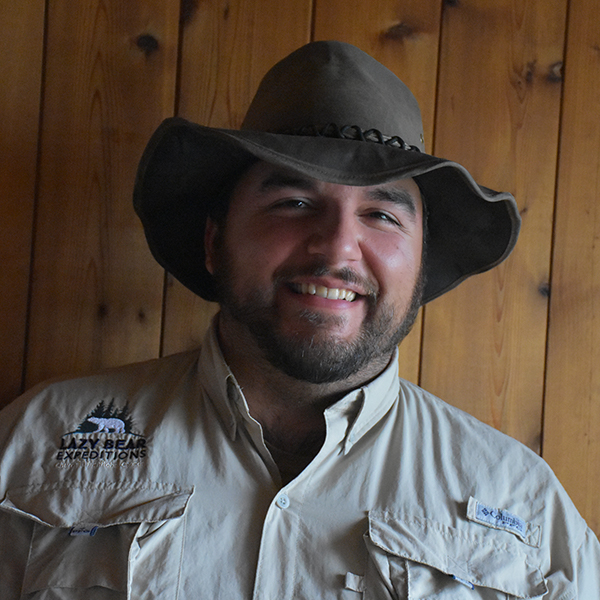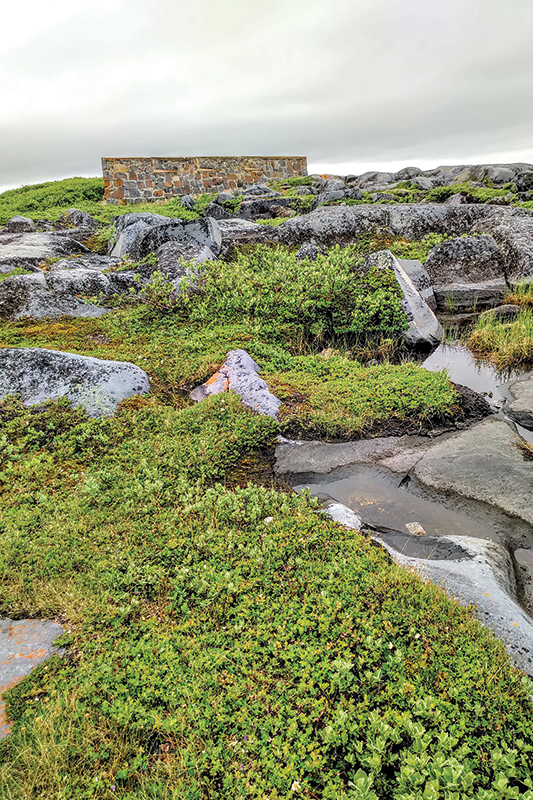
Looking North
A Happy Thanksgiving to all! Even in these trying times, we in the North have much to be grateful for: bountiful nature, exquisite animals to observe, and a hardy culture that invites any willing participant to join. For a time, it appeared the politics surrounding the pandemic were set to disrupt the little tourism we have earned here in Churchill, MB. But, fortuitously, common sense and simple precautions prevailed. Also, there’s still room for bear season. Come on up!
Fall blew in rapidly after docking the zodiac for the last beluga watching tour. And with a predominantly North wind over the month of September, winter has quickly followed. Between signs from the flora (flowers blooming in early August, 8 weeks before the snow) and fauna (the arrival of snow geese as well as bears sightings on the rise) we had best settle in for an early cold season, but the aurora will be dancing over the white covered Hudson Bay, rocks, and Taiga.

Until the late 19th Century, all of humanity’s efforts in every place were dedicated to preparation for winter. Certainly, south of 58, people cover cottage windows and put away BBQs or patio furniture. But with the last few days before snow, people in the North must harvest food from plants as well as animals, bring out heavy winter gear, change modes of transport entirely, and shore up any plumbing lines with heat coils lest their pipes burst over the course of winter.
Part of why this preparation process takes so long is due to the fact that great distances are involved. Further up North, our brothers and sisters in Nunavut wait upon ships to deliver items ordered over a year ago, or they travel dozens of kilometers inland to hunt caribou. Nearer to home, there are fireplaces in both the lodge as well as my residence. This being the Taiga, all the wood must be hauled from the Boreal forest, where trees grow to a size worthy of logging.
It’s no wonder then why so much of the culture here is grounded in group projects and teamwork. Survival starts with one’s neighbours, triaging tasks into lighter and heavier duties, urgent and less urgent, simple and complex. Cohorts are formed based on knowledge or ability more often than gender, all necessary tools are gathered, and then the excursions begin. The origin of songs, stories, and celebrations of these activities becomes clearer as one participates.
Out in camps, under the dark sky, on clear nights the aurora makes marvelous swirls or long, unbroken waves, green and purple intertwined. Sometimes the Milky Way is even visible, providing a galactic background to our local atmospheric phenomenon. Back in town, guests can ask to be woken for the light show, late at night. There are even light tours offered by locals that begin on the edge of the municipal line, ranging all the way to the old rocket field and back.
Of course Canadian Thanksgiving marks the beginning of “Bear Season,” with special emphasis on the large arctic crawlers, the mobile home sized, slow moving monster trucks that are driven over the land by yours truly to help guests find furry friends to pose for pictures. Helicopter tours are also available throughout the cold winter months, as well as dogsled tours which can be done during the late evening.. At the conclusion, the aurora borealis is observed.
As the title hints, “Bear Season” is also the busiest time for our Polar Bear Patrol officers, as they keep watch night and day for shaggy guys or their young wandering through town. Only a few cracker shells are needed to push most back into the wild; otherwise it’s tranquilizers and the clink for repeat offenders. As soon as the bear is properly documented and a helicopter is available, he or she is lifted via net, and flown back into the natural habitat the bear knows best.
Hopefully you choose to visit us and witness all these goings on at once. The North is a cold and trying environment; but the fellowship around all activities make for a warm welcome.
Nathan Giede is a guide with Lazy Bear Expeditions who has fallen in love with Churchill. His Indigenous heritage informs his understanding and love of this natural landscape.

